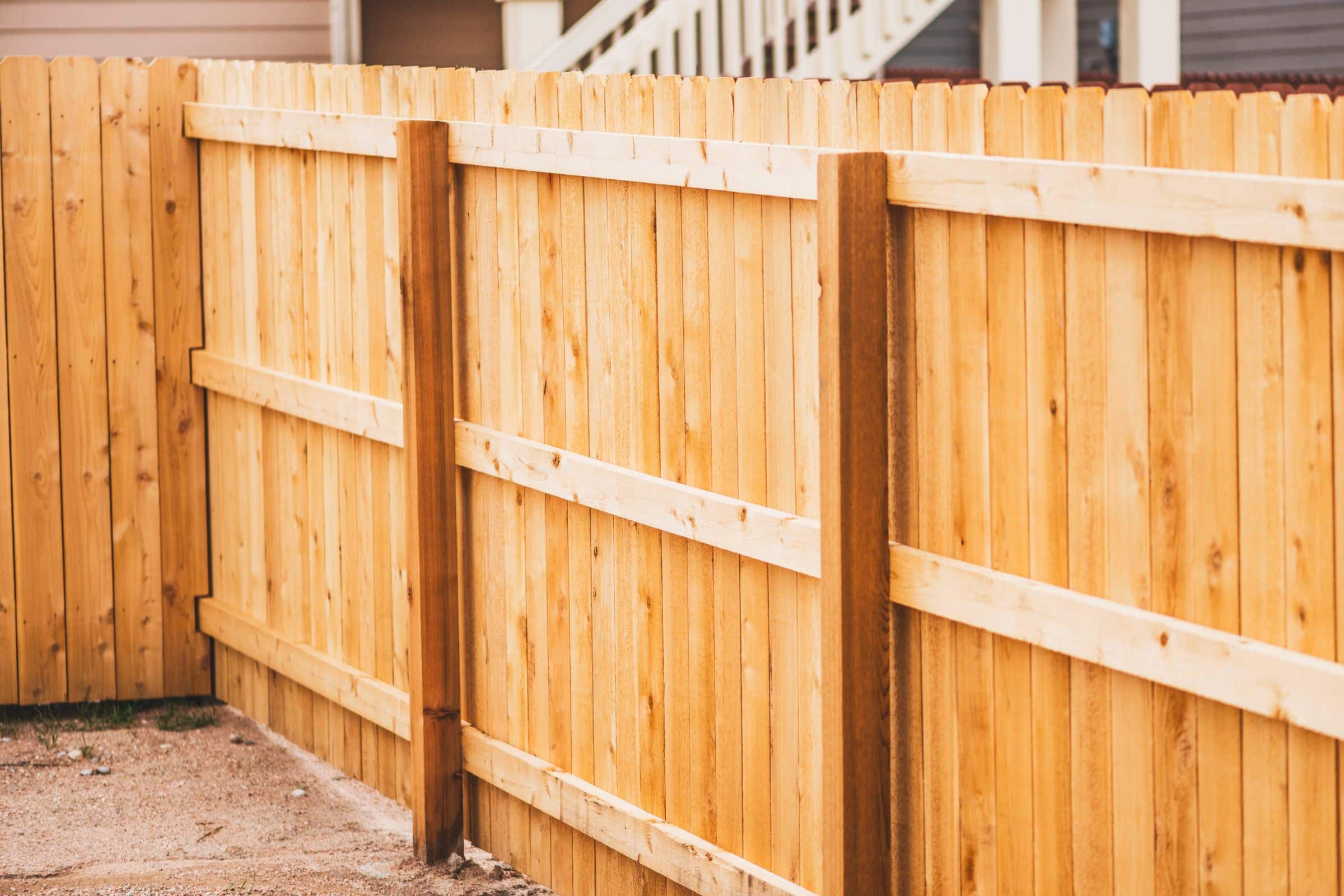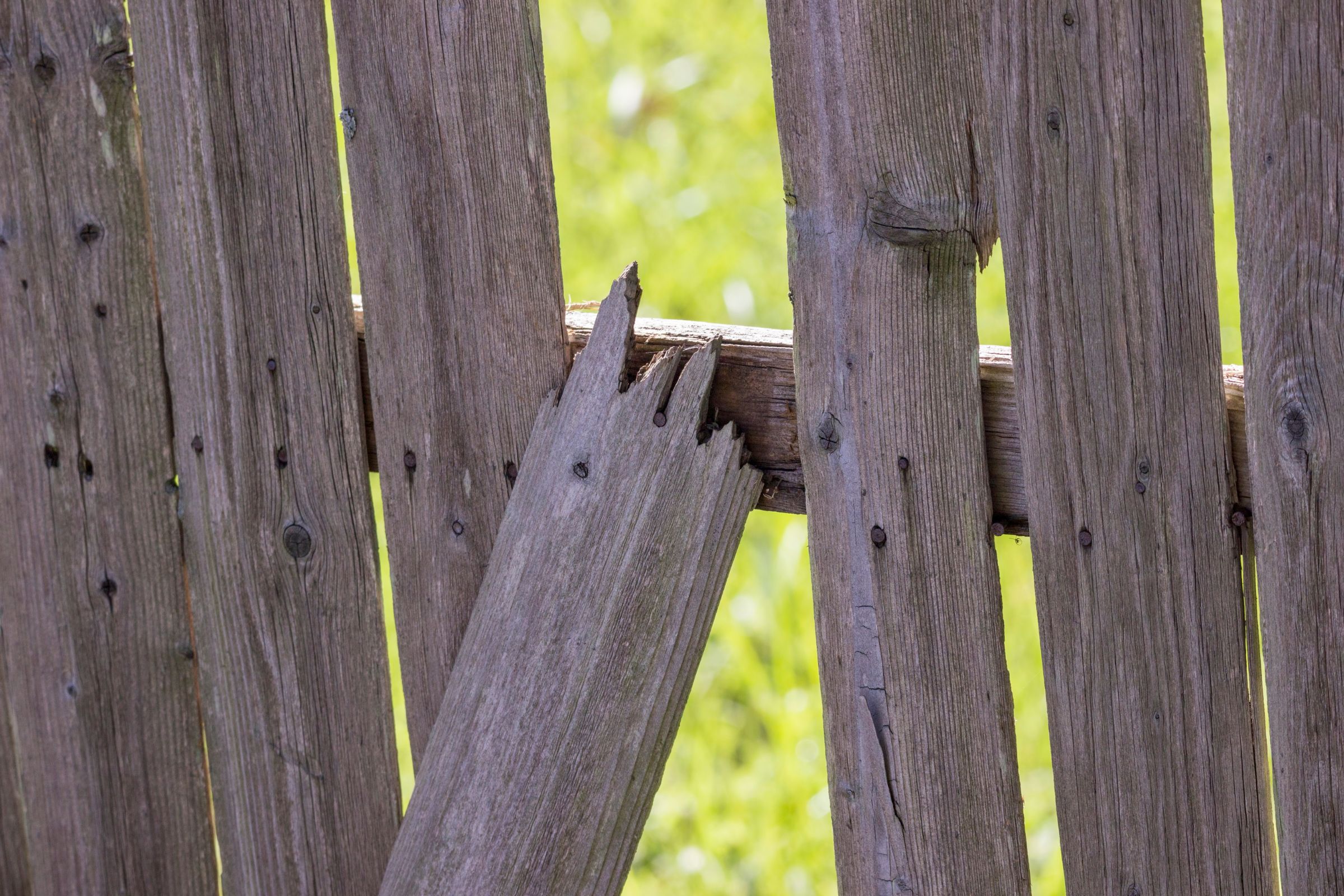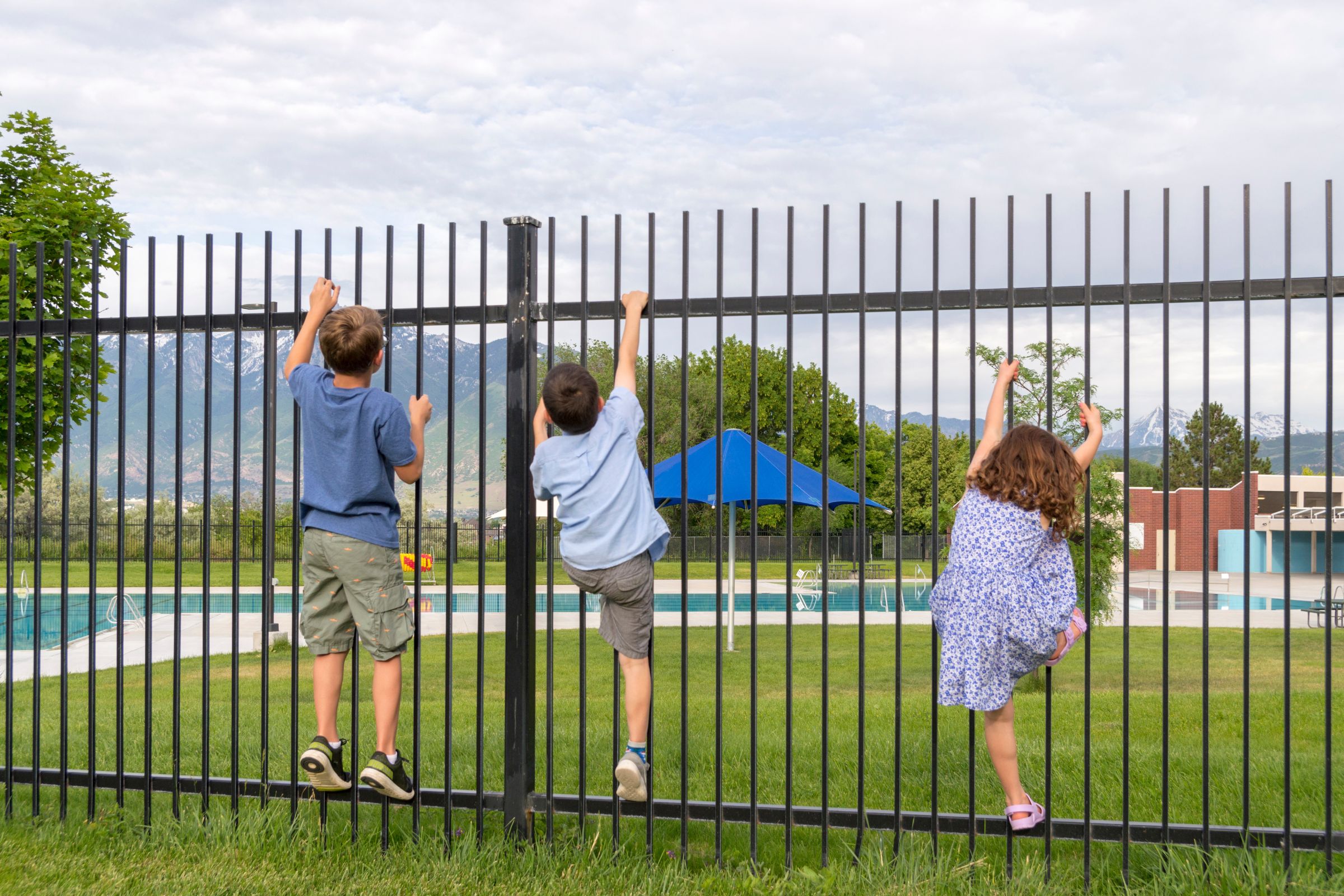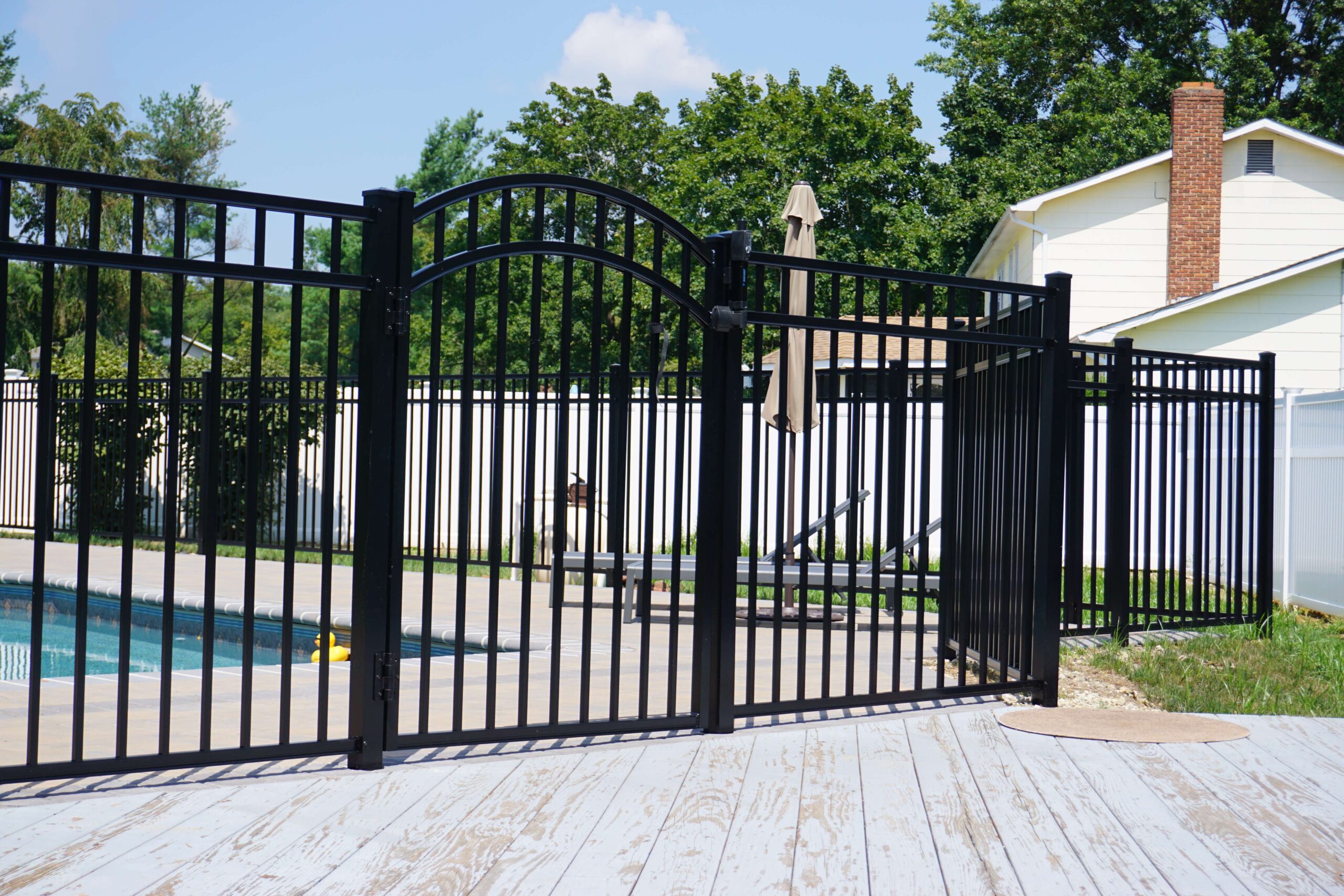
How to Plan for a Seamless Fence Installation: Tips for Preparing Your Property and Budget
When it comes to fence installation, homeowners should consider several factors to ensure a successful and satisfactory outcome. While some may opt for a DIY approach, there are numerous benefits to professional installation that should not be overlooked.
Considering professional installation for your fence project can save you time, effort, and potential headaches. Experts can provide the necessary expertise, access to quality materials, and ensure compliance with safety standards. By investing in professional installation, homeowners can enjoy a successful fence that enhances their property for years to come.
Assessing Your Needs
Assessing your needs is of utmost importance when it comes to a successful fence installation. By taking the time to evaluate your requirements and preferences, you can ensure that the installed fence meets all your expectations.
One crucial factor to consider is privacy requirements. A fence acts as a barrier between your property and the outside world. If privacy is a top concern, you need to determine the level of seclusion you desire. Certain materials and designs can offer more privacy than others, allowing you to enjoy your outdoor space without feeling exposed.
Security concerns should also be taken into account. The purpose of a fence is not only to delineate your property but also to provide a sense of security. Assess the potential threats in your area and select a fence that can effectively deter intruders. A sturdy and well-constructed fence will give you peace of mind, protecting your property and loved ones.
Another aspect to evaluate is aesthetic preferences. A fence significantly contributes to the overall look and feel of your property. Consider the architectural style of your home and choose a fence that complements it harmoniously. Whether you prefer a traditional wooden fence or a modern vinyl design, picking the right aesthetic will enhance the visual appeal of your property.
Lastly, budget constraints should be taken into consideration. Determine how much you are willing to invest in your fence installation. This will help you narrow down your options and select materials that suit your budgetary limitations.
Setting a Budget
Setting a budget for a fence installation project is crucial to ensure a successful and cost-effective outcome. There are several factors to consider when determining the budget, including materials, labor, and additional features.
Firstly, the choice of materials greatly influences the overall cost. Different types of fences, such as wood, vinyl, or chain link, come at varying price points. Additionally, the quality, durability, and maintenance requirements of the materials can impact the long-term cost.
Labor is another important consideration. Hiring professionals for fence installation can result in a higher cost. The complexity of the project, the size of the area to be fenced, and any necessary groundwork or leveling can all affect labor costs.
Additional features, such as gates, decorative elements, or privacy enhancements, should also be taken into account. These features can add significant expenses to the overall budget.
To set a budget for a fence installation project, it is essential to evaluate different options available within the desired parameters. Researching different materials and styles can provide a realistic understanding of the associated costs.
Finding a middle ground between the desired fence and affordability is also important. Prioritizing the must-have features while being flexible with non-essentials can help balance the budget.
By setting a budget for a fence installation project and considering factors such as materials, labor, and additional features, individuals can make informed decisions, ensure cost-effectiveness, and achieve their desired outcome.
Choosing the Right Material
Choosing the right material for a fence is essential for both its longevity and its visual appeal. There are several common materials used for fences, each with their own set of benefits and considerations.
Wood is a classic choice for fencing materials. It offers a natural and rustic look that many homeowners find appealing. Wood fences can be customized to various sizes and styles, offering versatility in design. However, wood requires regular maintenance and may need staining or painting to protect it from weather damage and rot.
Vinyl is another popular choice for fences as it requires minimal maintenance and is highly durable. It is resistant to rot, insects, and weathering, making it an excellent long-term investment. Furthermore, vinyl comes in various colors and styles, providing homeowners with plenty of options to choose from.
Aluminum fences are known for their strength, durability, and low maintenance requirements. They are resistant to rust and can withstand harsh weather conditions. Aluminum fences also offer a sleek and modern look, making them suitable for both residential and commercial properties. However, they may not provide as much privacy as other fence materials.
Wrought iron is a timeless option that offers both strength and elegance. Wrought iron fences are custom-made and can be designed to match the style of the property. They are highly durable and require little maintenance. However, wrought iron fences can be expensive compared to other materials and may require periodic painting to prevent rust.
Chain link fences are one of the most affordable options available. They are durable, low maintenance, and provide security without obstructing the view. However, chain link fences may lack privacy and may not offer the same aesthetic appeal as other materials.
Choosing the appropriate material for a fence is essential to ensure its longevity and visual appeal. By considering factors such as maintenance requirements, durability, and desired style, homeowners can select a material that suits their needs and enhances the overall look of their property.
Understanding Local Regulations
In New Jersey, fence installation is governed by a set of regulations and permits that ensure the safety, aesthetics, and functionality of the fences. It is important to understand and comply with these regulations to avoid any legal issues or penalties.
Firstly, zoning laws play a crucial role in fence installation. These laws dictate where and how fences can be installed on a property. They usually stipulate the maximum height allowed, the materials that can be used, and the distance between the fence and neighboring properties or public rights-of-way. Homeowners should consult their local zoning ordinances to determine the specific requirements for their area.
Secondly, building codes must be considered when installing a fence in New Jersey. These codes establish minimum standards for construction and safety. They cover aspects such as the strength and stability of the fence, the type of foundation required, and the appropriate use of anchors and support systems. It is important to ensure that the fence meets these codes to guarantee its durability and safety.
Additionally, homeowners’ association guidelines may apply to fence installation in certain neighborhoods. These guidelines typically govern the appearance and design of fences, ensuring they blend in with the community’s aesthetics. HOA regulations vary, so it is essential to consult the association’s rules and get approval before starting a fence project.
Researching local building codes and regulations is essential before undertaking any fence installation project. Failure to comply can result in fines, removal of the fence, or costly modifications to bring it into compliance. Checking for utility lines is also important to avoid damaging underground cables or pipes. Lastly, obtaining a building permit should be a priority, as it ensures that the fence meets all legal requirements and is inspected for compliance.
Find a Quality Fence Installer
When it comes to installing a fence, hiring a reliable and professional company is crucial. That’s where Carl’s Fencing, Decking, & Home Improvements comes in. As a highly trusted fence installer, we are committed to providing our customers with top-quality fences that not only enhance the aesthetics of their properties but also offer various benefits.
One of the main advantages of hiring a professional installation company like Carl’s is the assurance of proper installation. Our team of experts possess the necessary skills and knowledge to install fences correctly, ensuring stability and longevity. This eliminates the risk of your fence collapsing or requiring frequent repairs in the future.
Security is another significant benefit of hiring a professional fence installer. With our expertise, we can design and install a fence that enhances the security of your property. Whether you need a fence for privacy or protection against intruders, we can customize it to meet your specific requirements, giving you peace of mind.
Additionally, by choosing a reputable installer like Carl’s, you can be confident in the durability of your fence. We only use high-quality materials that are built to withstand various weather conditions and the test of time. This ensures that your fence remains in excellent condition for years to come, saving you money on unnecessary repairs or replacements.
Furthermore, our expertise in local regulations and building codes ensures that your fence installation adheres to all requirements. This eliminates any potential problems or legal issues down the line. At Carl’s, we prioritize customer satisfaction and strive to deliver exceptional results with every project.
Finding a reliable and professional fence installer like Carl’s Fencing, Decking, & Home Improvements is essential for a successful and hassle-free installation. The benefits of hiring a quality fence installer, including proper installation, security, and durability, make it a wise investment for any homeowner. Contact us today for a quote and let us transform your property with a top-notch fence.



